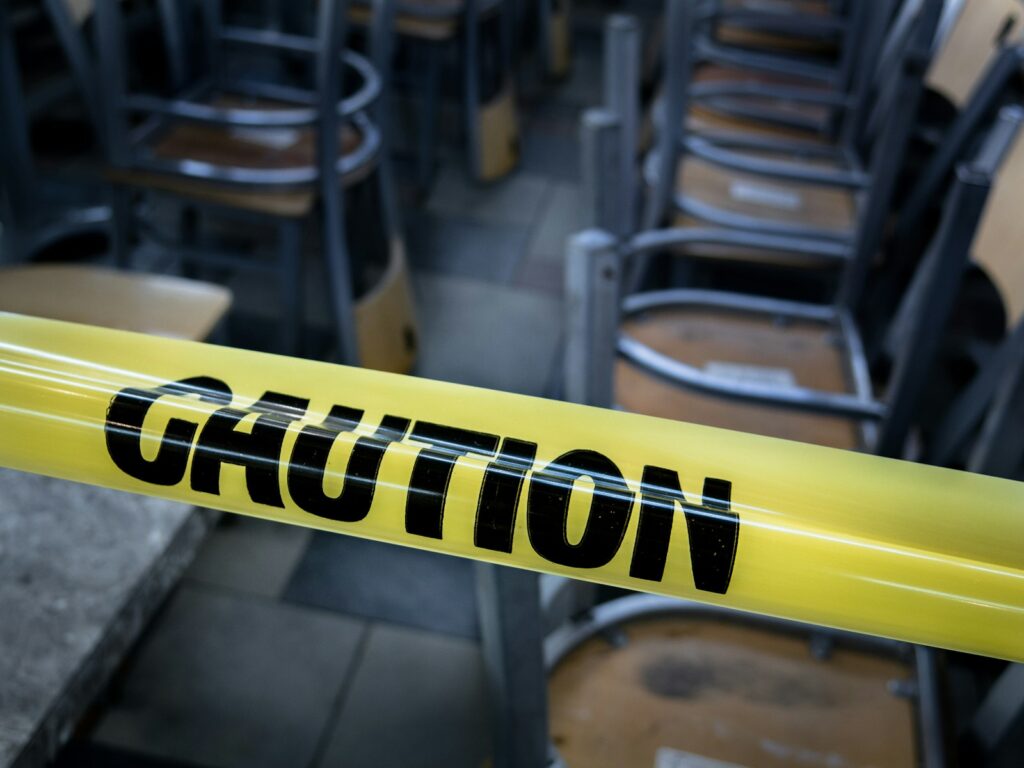Bad habits keeping you from a decluttered home

Keeping a clean and organized environment can significantly impact your mental health, productivity, and overall quality of life. However, despite the multitude of blogs, articles, and podcasts preaching the importance of decluttering, many of us find ourselves stuck in a cycle of disorder and chaos.
This often occurs because we unknowingly perpetuate harmful habits that counteract our decluttering efforts. The following list will identify and elaborate on eight such habits that might be hindering your progress towards a declutter-free life.
1. Procrastination

Procrastination is one of the most common obstacles that prevent us from maintaining an organized space. We often tell ourselves that we’ll get to it later, which only results in an overwhelming pile of clutter.
The best way to overcome procrastination is to set clear, achievable goals. For instance, instead of aiming to declutter your entire house in one day, break down the task into smaller, more manageable parts. Start with one room, one corner, or even one drawer at a time. This way, the task will seem less daunting and you’ll be more likely to start – and finish – the job.
2. Buying More Than Needed

In a world of constant advertisements and sales, it’s easy to fall into the trap of buying more than we need. This habit not only affects our wallets but also contributes to clutter.
To combat this, practice mindful shopping. Before making a purchase, ask yourself if you really need the item or if you already have something similar at home. Try to adopt a minimalist approach where you only buy what you need.
3. Not Having a Place for Everything

Without a designated place for each item, things tend to get misplaced or end up contributing to clutter.
To avoid this, make sure that every item in your house has a designated ‘home’. This way, you always know where to find things and where to put them back after use.
4. Holding onto Items for ‘Someday’

Many of us hold onto items thinking we might need them ‘someday’. This habit can lead to an accumulation of unnecessary items.
Instead, adopt the rule of thumb that if you haven’t used an item in the past year, it’s probably not needed. Let go of ‘someday’ items to make room for things that are of immediate use or importance.
5. Not Regularly Purging

Keeping a clutter-free environment requires regular maintenance. If you don’t regularly purge, items can quickly pile up.
Set aside time each month to go through your belongings and get rid of anything that’s no longer needed or used. This habit will help keep your space tidy and organized.
6. Keeping ‘Just in Case’ Items

Like ‘someday’ items, ‘just in case’ items also contribute to clutter. These are items you keep around just in case you might need them in the future.
Instead, try to keep only the items you regularly use or love. If an item doesn’t add value to your life currently, it’s probably not worth keeping.
7. Not Organizing as You Go

Waiting until things get out of hand to start organizing is a habit that can lead to overwhelming clutter.
To prevent this, try to incorporate small organizing tasks into your daily routine. For example, make it a habit to put things back in their place immediately after use. This way, clutter won’t have a chance to build up.
8. Being Overwhelmed by Sentimentality

While it’s okay to hold onto items that hold significant emotional value, holding onto every sentimental item can lead to clutter.
To overcome this, try to keep only the most meaningful items and let go of the rest. It’s also a good idea to digitize things like photos and letters to save space. Remember, letting go of the item doesn’t mean you’re letting go of the memory.













